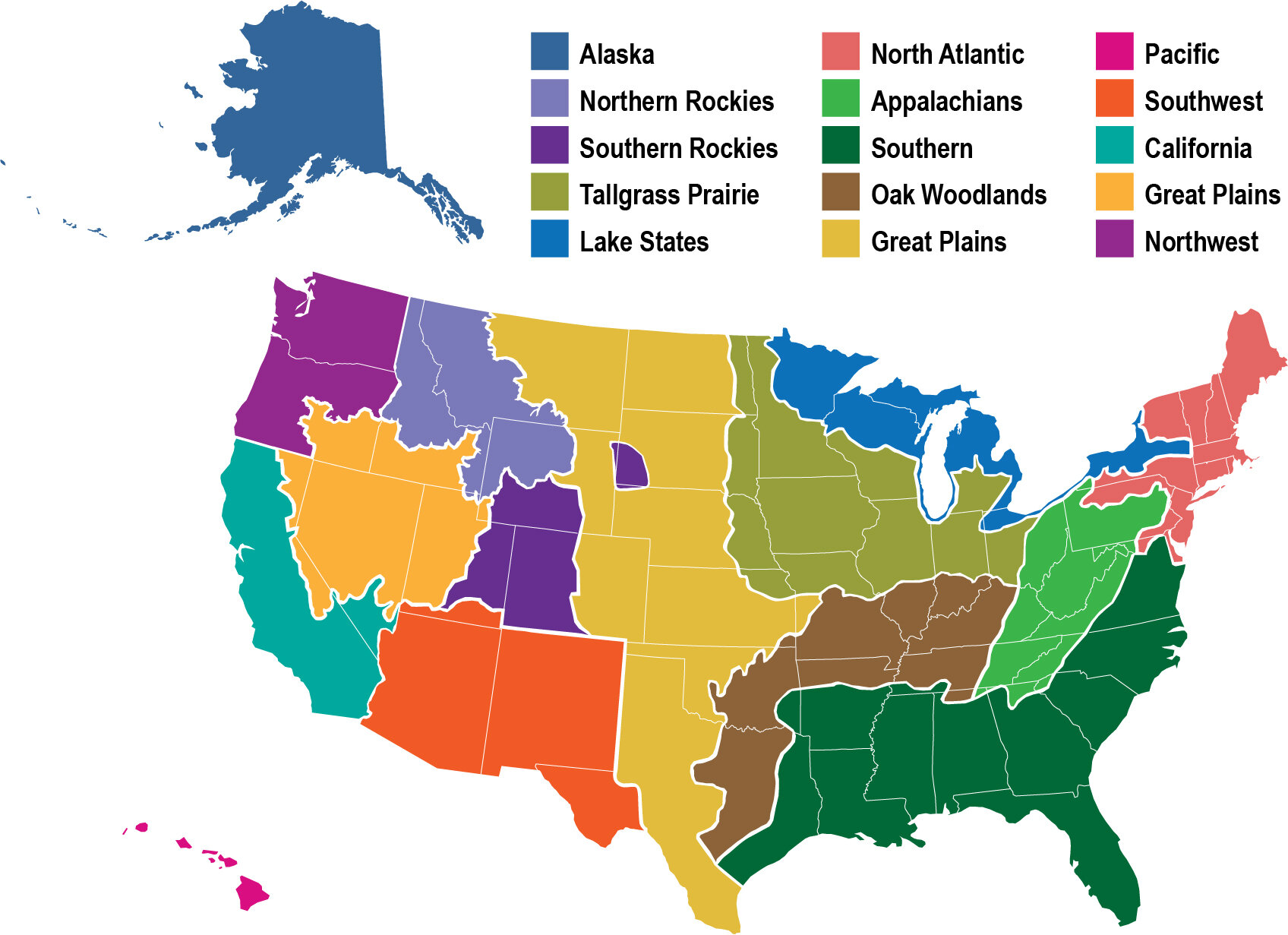“Up On the Mountain”: Ethnobotanical Importance of Montane Sites In Pacific Coastal North America: Journal Article
/Turner, Nancy J., Douglas Deur, and Carla Rae Mellott. 2011. Journal of Ethnobiology, Volume 31 No 1.
View Full Text PDF >
Visit site to View Journal Article >
Abstract
This paper discusses the characteristics and application of Traditional Ecological Knowledge and Wisdom (TEKW) of aboriginal peoples in British Columbia, Canada. Examples are provided from various groups, most notably, the Secwepemc (Shuswap) Interior Salish and[inline image] and Nuu-Chah-Nulth peoples of the Northwest Coast, covering a range of features comprising TEKW: knowledge of ecological principles, such as succession and interrelatedness of all components of the environment; use of ecological indicators; adaptive strategies for monitoring, enhancing, and sustainably harvesting resources; effective systems of knowledge acquisition and transfer; respectful and interactive attitudes and philosophies; close identification with ancestral lands; and beliefs that recognize the power and spirituality of nature. These characteristics, taken in totality, have enabled many groups of aboriginal peoples to live sustainably within their local environments for many thousands of years. In order for TEKW to be incorporated appropriately into current ecosystem-based management strategies, the complete context of TEKW, including its philosophical bases, must be recognized and respected. A case study of ecological and cultural knowledge of the traditional root vegetables yellow avalanche lily (Erythronium grandiflorum) and balsamroot (Balsamorhiza sagittata) illustrates ways in which these components can be integrated.



